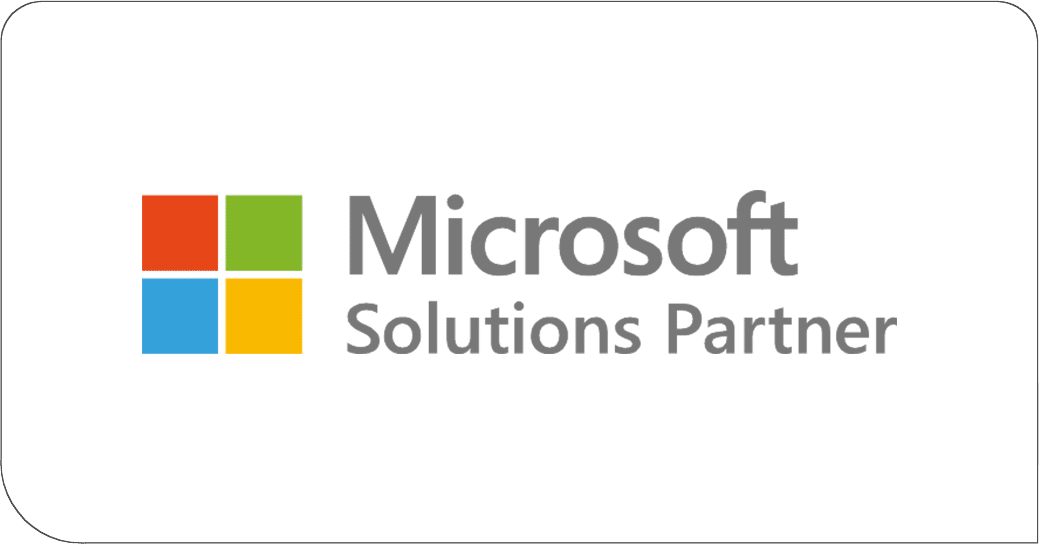The digital transformation of healthcare has revolutionized patient care, making treatments more accurate, efficient, and personalized. However, this evolution also brings unique challenges, particularly in terms of data security and compliance. Implementing effective IT solutions and managed services can help healthcare providers overcome these obstacles while unlocking numerous benefits. In addressing the complex challenges of the healthcare industry, the profound influence of IT in this space becomes more noticeable than ever before.
Unique IT Challenges in the Healthcare Industry
Healthcare providers face a distinctive set of IT challenges that stem from the nature of the data they handle and the environment in which they operate.
Data Security
At the heart of the healthcare industry lies a wealth of sensitive patient information. From diagnoses and medical histories to treatment protocols and personal identifiers, the breadth and depth of data make it a high-value target for cybercriminals. The risk is further exacerbated by the fact that healthcare data often resides in disparate systems, each with their own vulnerabilities, making the sector a hotbed for potential breaches.
Compounding this is the rise of mobile and IoT devices, which provide a new attack vector for cyber threats. Medical devices, like insulin pumps and pacemakers, connect to healthcare networks and can potentially be exploited, jeopardizing both data security and patient safety.
Compliance
Operating within a regulatory framework is not unique to the healthcare industry, but the intricacy and extent of compliance mandates make it a critical IT challenge. The sector needs to navigate complex laws such as HIPAA, GDPR, and the Protecting Patient Access to Emergency Medications Act, among others.
HIPAA necessitates safeguarding electronic protected health information (ePHI), while GDPR mandates strict data privacy rules for European Union citizens, irrespective of where the healthcare provider is located. Compliance is further complicated by varying state-level laws and evolving legal requirements, necessitating ongoing monitoring and compliance activities.
The Power of IT Solutions and Managed Services
Implementing IT solutions and managed services can help healthcare providers navigate the labyrinth of data security and compliance challenges while harnessing the benefits of digital transformation.
Enhanced Data Protection
Effective IT solutions can provide an advanced layer of protection for sensitive healthcare data. Cybersecurity technologies, such as next-generation firewalls, intrusion prevention systems, and AI-powered threat intelligence, can fortify networks against potential cyberattacks.
Data encryption, both at rest and in transit, is crucial in ensuring that even in the event of a breach, data remains unintelligible and useless to intruders. Advanced solutions also include real-time monitoring and incident response capabilities to swiftly identify and counteract threats.
IT services can also help integrate secure practices into device management. Strategies like ‘Zero Trust’ models, which assume no user or device is trustworthy until verified, can enhance security for mobile and IoT devices.
Streamlined Compliance
Managed IT services can be a boon for healthcare providers grappling with intricate regulatory compliance. These services offer a combination of technology and expertise to stay abreast with the evolving legal landscape.
RegTech (Regulatory Technology) solutions can automate many aspects of compliance, like policy management, risk assessment, and reporting. Real-time monitoring ensures compliance is maintained across all systems, with automatic updates reflecting regulatory changes. Managed services also provide detailed reports and documentation that can be critical during compliance audits.
Improved Efficiency and Patient Care
Incorporating IT solutions can transform healthcare operations and patient care. By automating administrative tasks such as patient scheduling, billing, and electronic health record management, providers can focus more on their core function: patient care.
Further, advanced technologies like AI and machine learning can be used for predictive analytics, providing insights into patient health trends. This data can inform preventative care strategies, enable early disease detection, and offer personalized treatment plans based on a patient’s unique health profile.
Healthcare IT can also enhance patient engagement, with telemedicine platforms, mobile health applications, and remote patient monitoring systems transforming how care is delivered and accessed.
In essence, effective IT solutions and managed services can empower healthcare providers to navigate the challenging digital landscape, transforming challenges into opportunities for enhanced patient care and operational efficiency.
Success Stories of IT Implementation
To illustrate the power of IT in healthcare, let’s explore some success stories:
Case Study: Virginia Commonwealth University Health's Implementation of Telepsychiatry During COVID-19
Challenge: VCU Health, serving diverse geographies, had initially low telepsychiatry utilization rates before COVID-19.
Solution: During the pandemic, VCU Health increased its telepsychiatry services, offering both video and audio-only sessions, and provided patients with guidance on accessing these services.
Outcome: Telepsychiatry visits stabilized at about 80% of total sessions with a notable decrease in no-show rates from 11% to 6%. Both patients and clinicians found video sessions more “humanizing” and effective.
Case Study: Geisinger Health System's Collaboration with xG Health Solutions and Epic Systems
Challenge: Geisinger, headquartered in Pennsylvania, sought to harness its expansive EHR data to enhance patient care.
Solution: Geisinger created xG Health Solutions, which utilized the EHR data to design software that guides healthcare professionals with evidence-based best care practices.
Outcome: The software successfully reduced hospital readmissions and improved care quality. This innovation led to a partnership with Epic Systems, integrating Geisinger’s content into Epic’s platforms, with potential global applicability.
Case Study: UCLA Health and Microsoft's Synergized Healthcare Solution
Challenge: UCLA Health aspired to efficiently harness their extensive array of data, from diverse sources, with the primary objective of refining their approach to cancer treatments.
Solution: To address this, UCLA Health formed a strategic alliance with Microsoft, tapping into the capabilities of Microsoft Azure. This cloud computing service empowered UCLA to merge a plethora of clinical and research data, subsequently enabling swift medical discoveries and refining patient care. The platform’s AI capabilities ensured prompt data interpretation, reducing manual efforts, and fostering collaboration among researchers.
Outcome: The integration with Microsoft Azure not only accelerated medical research but also fostered a culture of precision health at UCLA. The collaborative platform facilitated a quicker and more informed decision-making process in treatments, dramatically reducing administrative burdens and leading to more personalized care for patients.
The Takeaway…
The integration of innovative IT solutions has proven not just beneficial but essential. As patient needs grow and data security challenges loom large, harnessing the right technology becomes even more important.
With expertise like that of Davenport Group, institutions can navigate this complex journey with confidence. Davenport Group has been a trailblazer in the healthcare IT space, bringing unparalleled knowledge, experience, and insights to partners aiming to revolutionize their patient care and data security strategies.
Ready to elevate your healthcare IT infrastructure? Partner with Davenport Group and harness the future of patient care today. Reach out to us now.

